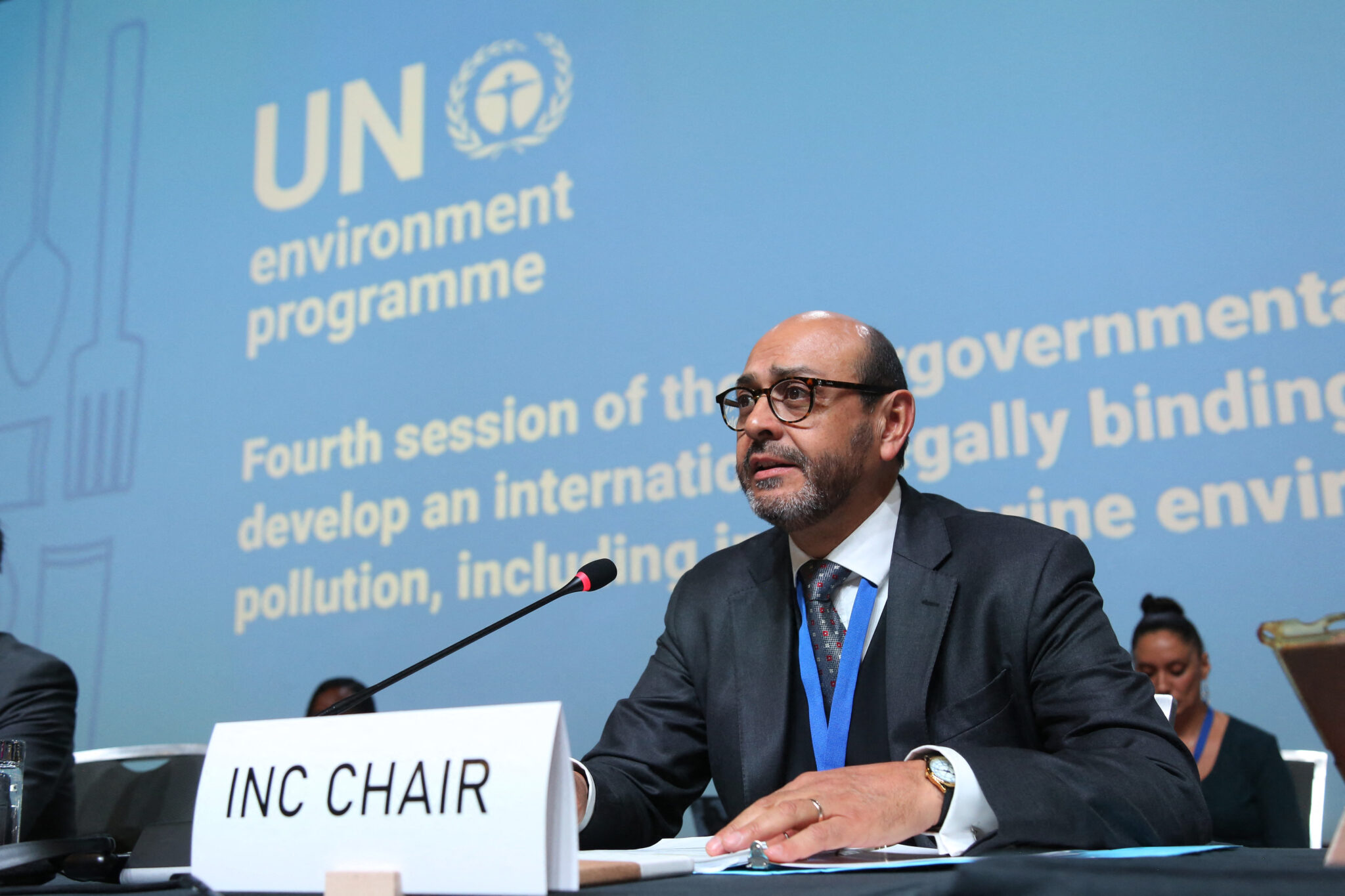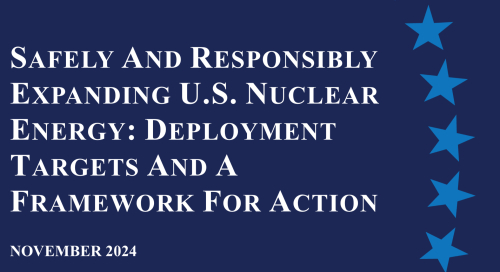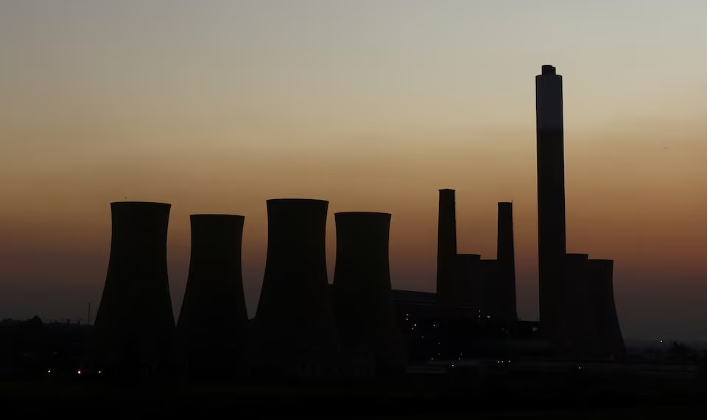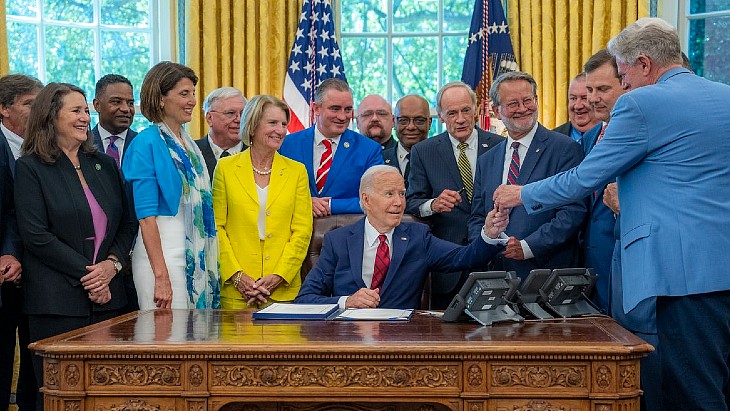The high court has ruled that the Dutch government is obliged to enact policies projected to reduce carbon emissions in 2020 by at least 25 percent from 1990 levels. Citizens of democratic nations founded on the rule of law might reasonably question whether mandating legislative action falls within the role of the judiciary.
The Dutch government does not doubt the threat of climate change nor dispute the need to reduce greenhouse gas emissions. Before 2011, the government set a goal of a 30 percent reduction (from 1990 levels) by 2020. That year, taking account of competing for policy concerns and the practicalities of achieving the targeted cuts, the government lowered its 2020 goal to 20 percent with more ambitious reductions in the following decades.
Urgenda Foundation then sued to claim that the less ambitious emissions target infringes the rights of Dutch citizens under the European Convention for the Protection of Human Rights and Fundamental Freedoms (ECHR). In 2015 a trial court ruled that as a signatory to the United Nations Framework on Climate Change, the government is obliged to establish policies that will reduce greenhouse gas emissions by at least 25 percent by the end of 2020.
An intermediate appellate court agreed last year, and the Supreme Court affirmed, stating that under ECHR Articles 2 (right to life) and 8 (right to respect for private, family and family life) “the State is obliged to achieve that reduction, because of the risk of a dangerous climate change that can also seriously affect the residents of the Netherlands in their right to life and well-being.”
In defending its order, the high court acknowledges that “decision-making on the reduction of greenhouse gas emissions belongs to the government and parliament.” At the same time,” while judges are responsible to assure that those decisions are kept “within the limits of the law to which they are bound.”
Among those limits, says the court, are the rights guaranteed by Articles 2 and 8 of ECHR. In a “democratic constitutional state,” the judges say they are bound “to offer legal protection, also against the government.”
Perhaps Dutch judges will be the first to figure out how to guarantee affirmative, aspirational, rights claims like those of the ECHR. Still, American courts have long recognized that it is beyond the institutional capacity and constitutional authority of the judiciary to mandate particular legislative outcomes.
Achieving specific reductions in greenhouse gas emissions is not only highly speculative but also requires tradeoffs among competing for public purposes. In a democratic constitutional state, resolving those tradeoffs is not the business of the courts.
Yet there are dozens of lawsuits pending in the United States and numerous other countries declaring a global emergency and demanding judicial intervention.
These lawsuits invite courts to review climate science, as the Dutch court does, and to say whether or not the legislative and executive policies are adequate to the uncertain challenge of remaining under a warming ceiling established by the United Nations Intergovernmental Panel on Climate Change. Claims of the right are always included, but they are invariably affirmative claims that would preempt legislative discretion and require the expenditure of public resources.
If the ECHR’s rights to life and respect (or the due process clause of the U.S. Constitution) mandate legislative and executive action to assure “a climate system capable of sustaining human life,” as a federal district court judge in Oregon has ruled, they also could be found to mandate judicially determined levels of health care, housing, nutrition, education, transportation, you name it.
It would be wonderful if our constitutions and other sources of individual rights could guarantee these positive goods along with a limit on climate change. Still, we live on a planet of scarce resources requiring never-ending tradeoffs in the face of high levels of uncertainty.
With present-day technologies, reduced carbon emissions mean the lowered quality of life for millions. Choosing between the two should be the concern of the democratic representatives of those millions, not the courts.
The Dutch court’s decision will be celebrated across the globe as a precedent for other courts mandating climate policies not undertaken, and in some cases rejected, by the democratic branches of government. Courts have neither the institutional competence nor the constitutional authority to make such decisions.
James L. Huffman is professor and dean emeritus of Lewis & Clark Law School and the author of “Private Property and the Constitution,” published in 2013.







